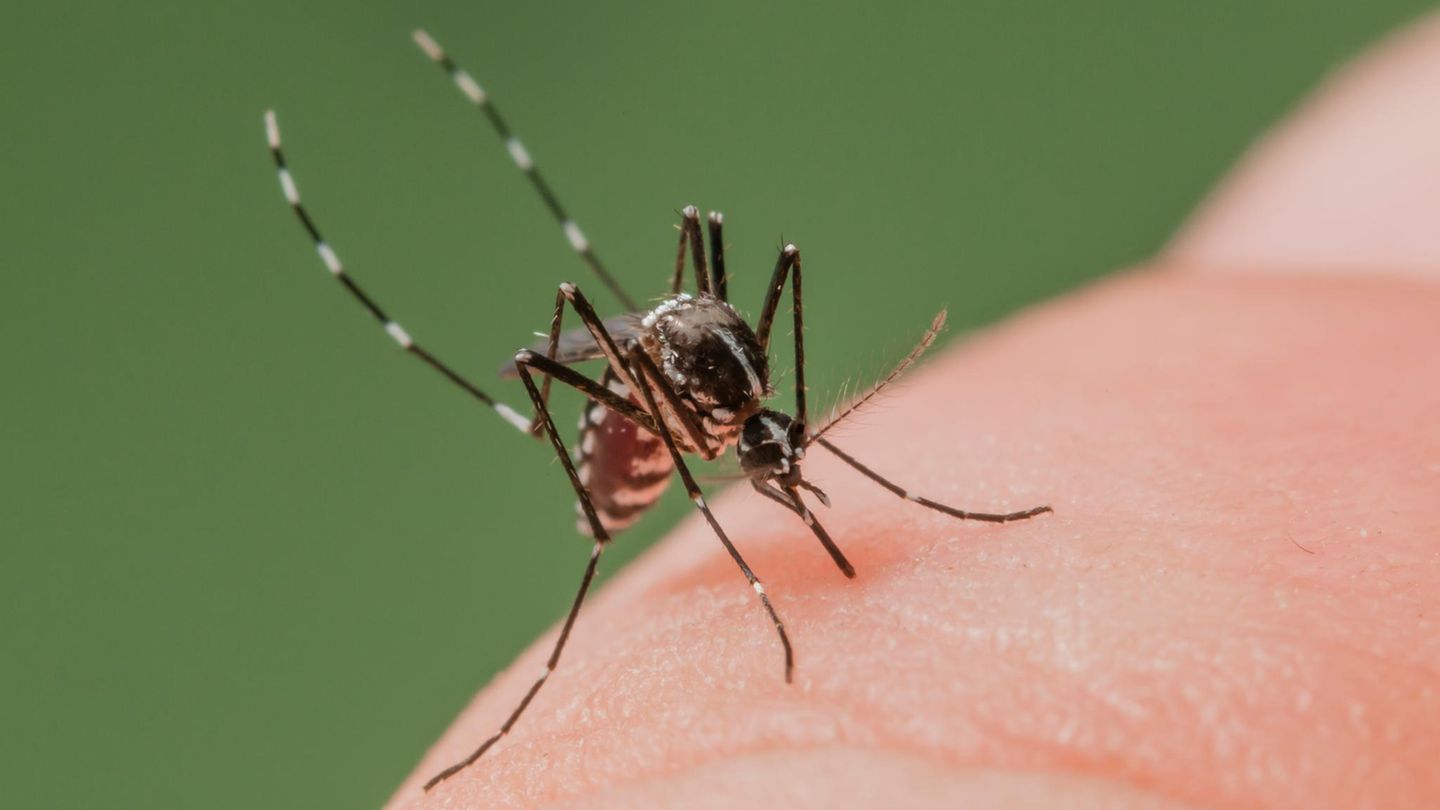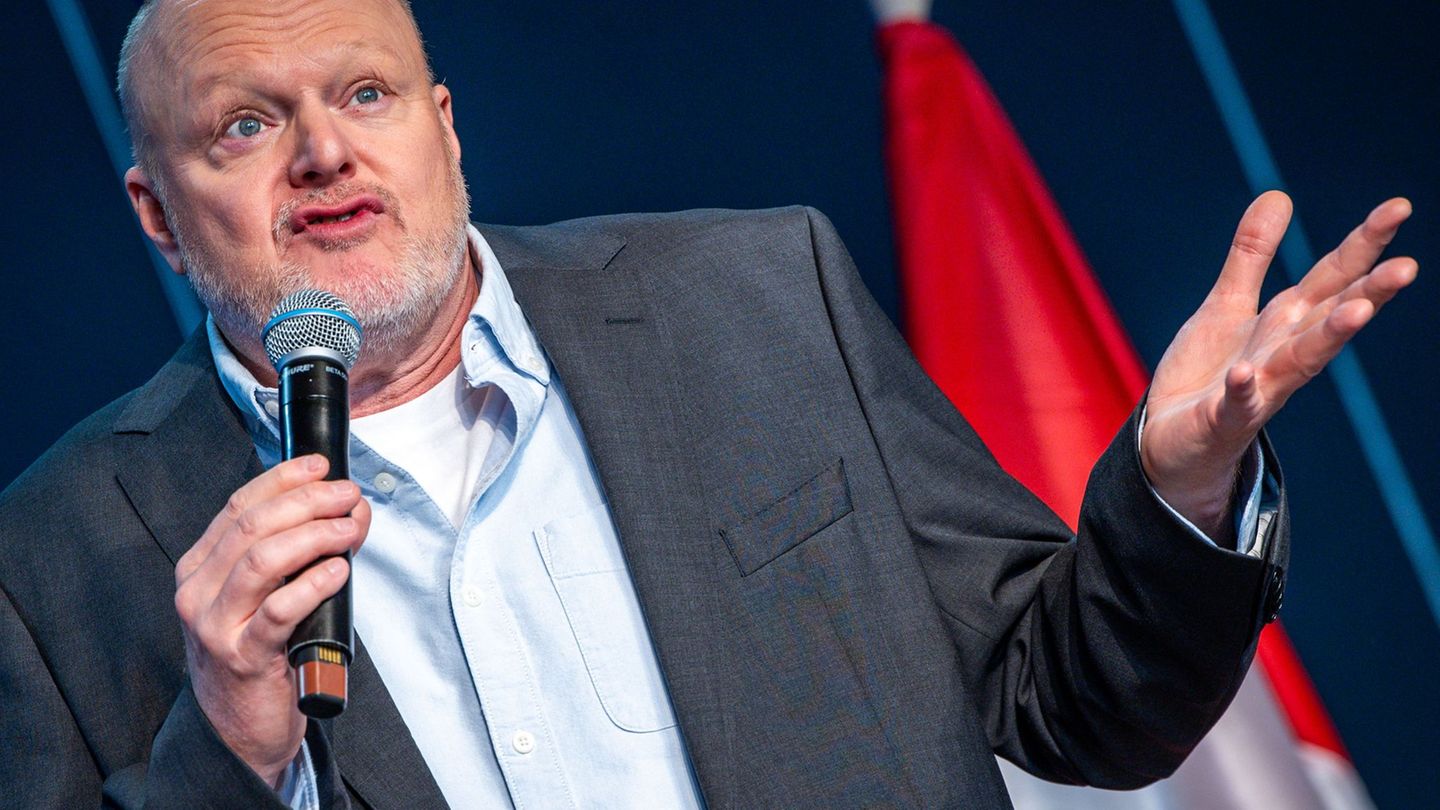Image: HANS PUNZ (APA)
According to Cardinal Christoph Schönborn, the triumph of the Internet in all areas, the predominance of online life and the emergence of artificial intelligence (AI) have not changed anything about human nature. Although a lot is lost as a result of these developments, which is a pity, we still “rediscover the things that are the basic data of the human being,” said Cardinal Christoph Schönborn, Archbishop of Vienna, on Palm Sunday in the ORF program “Press Hour”. Such life experiences could not be replaced by the computer.
As examples, Schönborn cited the fact that people are born and die, have a heart and a brain, and would not be changed by the possibilities of the digital world. Neither does “that we are man and woman, with all shades, but always born of a woman”. The fact that people fall in love is also “something that no computer can do”, as is “amazing at the beauty of nature, worrying about illness, growing old, the joy of a newborn child”.
“basic data” of man
All of these life experiences will continue to be the “basic data” of people in the future and ensure that people “are constantly being pulled out of constrictions and kidnappings,” Schönborn continued. Ideologies do not stand up to reality, history has shown. Similarly, undesirable developments would not last in the long run. He has a “very deep trust in the people here,” said the cardinal.
In view of the developments in AI, Schönborn therefore expressed confidence. Even if he is “absolutely not a digital native”, he was fascinated when images of Pope Francis in a white down jacket recently generated by AI appeared on the Internet, the cardinal reported. Nevertheless, despite the possibility that is now available, he does not hope “that our priests or our preaching women, who are everywhere in the church at Liturgies of the Word, will now start having their sermons preached on the computer”.
Schönborn referred to the example of Tom Kruczynski, the Catholic pastor of the parish of Brunn am Gebirge, which belongs to the Archdiocese of Vienna, and who recently competed with ChatGPT. The priest had the AI software create a sermon and wrote one himself on the same topic, then recited both versions and had his viewers rate them on YouTube. “Thank God his own sermon got a better grade. But it shows something dramatic,” confessed the archbishop.
Source: Nachrichten



